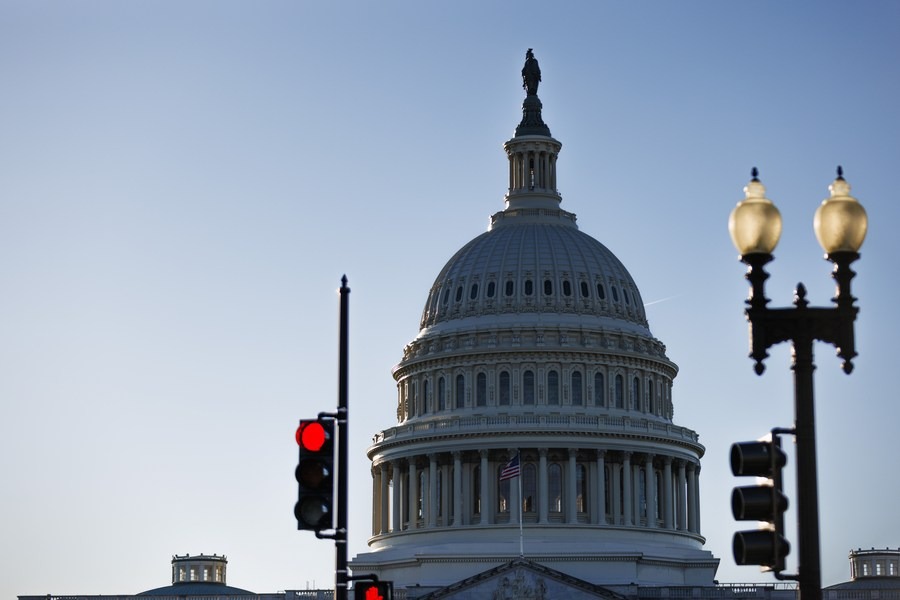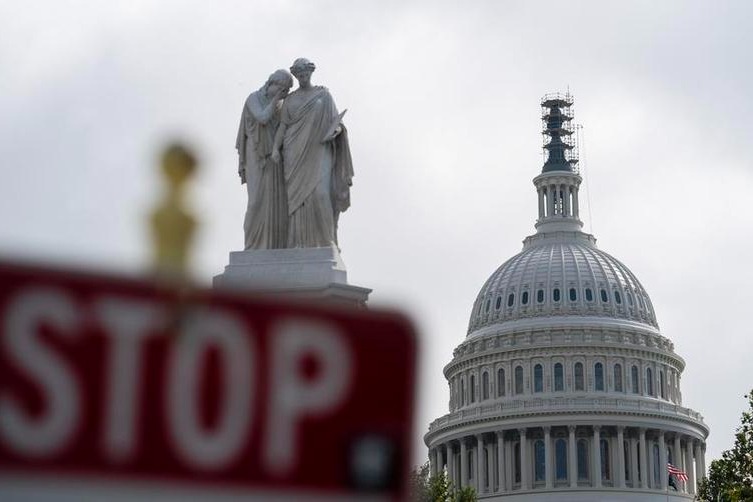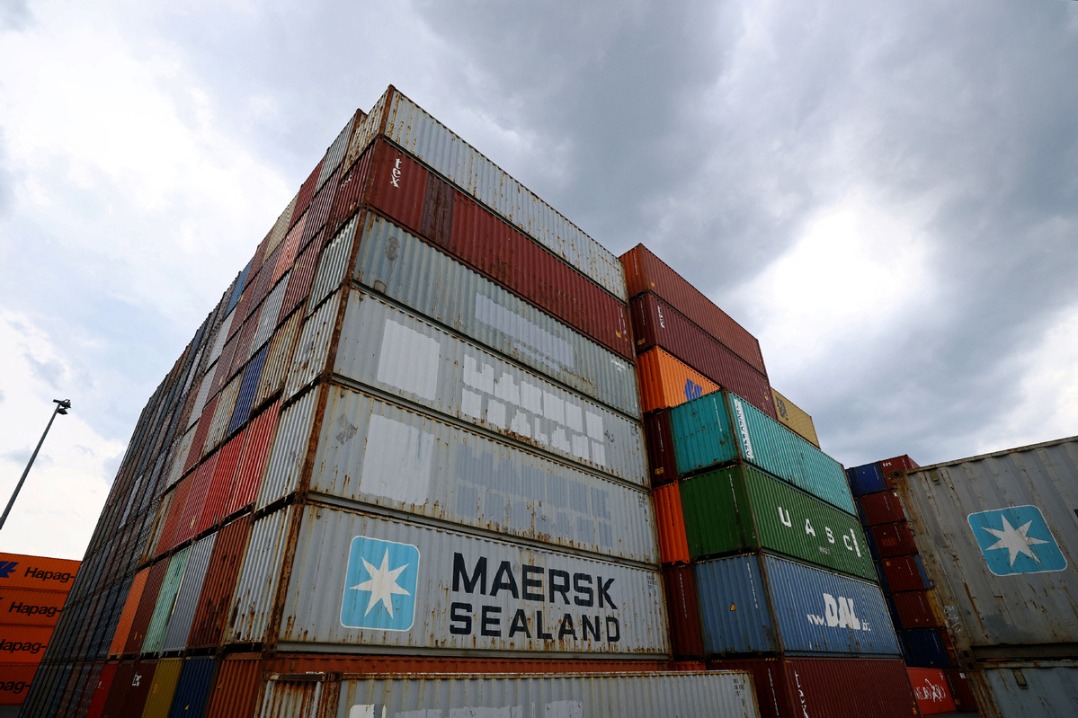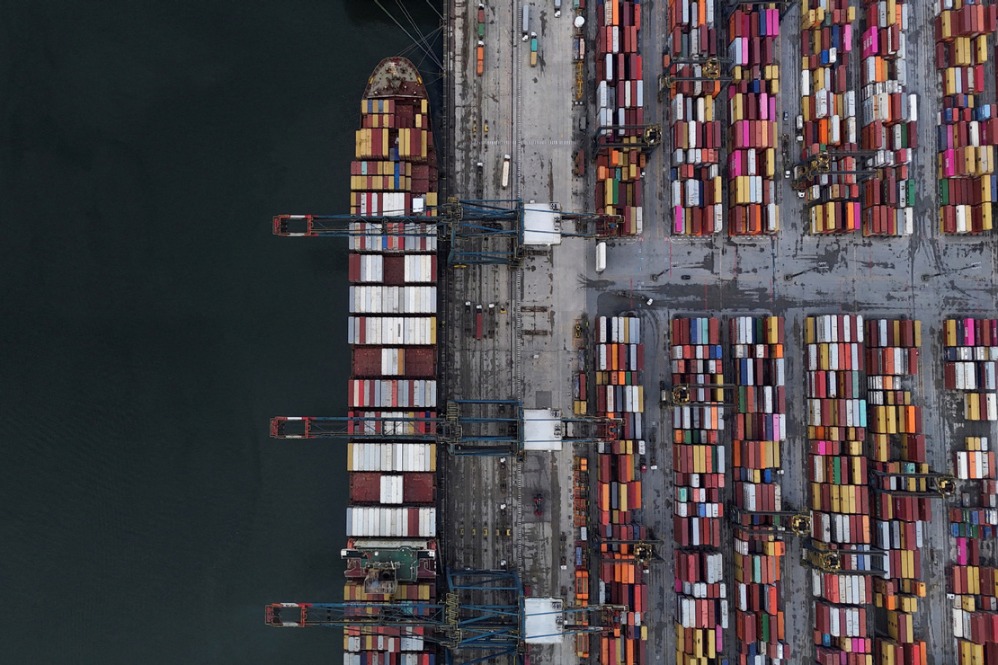Africa's COVID-19 case fatality rate raises concerns


Africa may have one of the world's lowest COVID-19 infections and deaths overall, but the high fatality rate recorded in the continent is becoming a worrying concern, prompting experts to call for more effective measures to cope with a surge in severe cases to reduce deaths.
The cumulative case fatality rate recorded in 21 African Union member states is about 2.7 percent since Africa entered into the second phase of the fight against the coronavirus, compared with the global average of just 2.2 percent, according to Africa Centers for Disease Control and Prevention.
To date, the continent has recorded over 133,000 deaths, accounting for 3.6 percent deaths reported globally. Total number of COVID-19 cases in Africa has surpassed 5 million, and accounts for 2.9 percent of the total cases reported globally, said the Africa CDC.
Between May 31 and June 6, the continent recorded a total of 1,977 new deaths, translating into a 2 percent increase compared with the previous week, it said.
A survey published on May 22 by the Lancet, a weekly peer-reviewed general medical journal, indicated that Africa has the highest global mortality rate among critically ill COVID-19 patients.
The survey termed shortage of critical care resources and their underuse as some of the contributing factors.
According to Christian Owoo, a senior lecturer in the Department of Anaesthesia, University of Ghana Medical School, African countries can better handle a huge rise in severe COVID-19 cases to reduce deaths by aggressively preventing infections and early mobilization of resources.
This, he said, can be achieved through continuing to strictly enforce the protocols aimed at minimizing importation and community spread of the virus such as hand washing, mask wearing, social and physical distancing, improved detection of infection, isolation and treatment, while rapidly scaling up vaccination rollouts.
"Other direct interventions include monitoring and evaluation of interventions in previous surges, especially in coordination and management of severe and critical diseases to uncover gaps at different levels and pillars of the health system," Owoo said.
He said there is also need for early mobilization of resources as well as efficient stock management to cover both the potential COVID-19-related surge in severe diseases and the resultant surge in non-COVID-19 related critical diseases.
"A rapid expansion of critical care capacity by increased recruitment and repurposing of health care workers and training in at least basic essential critical care management is also needed," Owoo said.
John Nkengasong, the director of Africa CDC, said 14 countries are heading toward the third wave. "That highlights the need for us to roll-out vaccines at speed and scale, to win this battle," he said.
To handle the third wave, Nkengasong said African countries must enhance prevention efforts including maintenance of public health measures.
This is in addition to enhancing monitoring. "We must use rapid antigen tests to improve and strengthen our surveillance system. That way we will pick-up the hotspots before they become problematic," he said.
Nkengasong also urged countries to enhance monitoring of variants. So far, 28 AU member states have reported Alpha variant, originally reported in the UK, 13 are now reporting the Delta variant, first reported in India, and 28 are reporting the Beta variant, originally reported in South Africa.
"Variants are impactful to our program. In some scenarios they create less efficacy or effectiveness for the vaccines and transmission can enhance by up to 40 percent with some of the variants," Nkengasong said.
As the continent moves to the third wave, Nkengasong urged AU member states to arm themselves with treatment facilities including availability of oxygen and other treatment-related commodities.

































